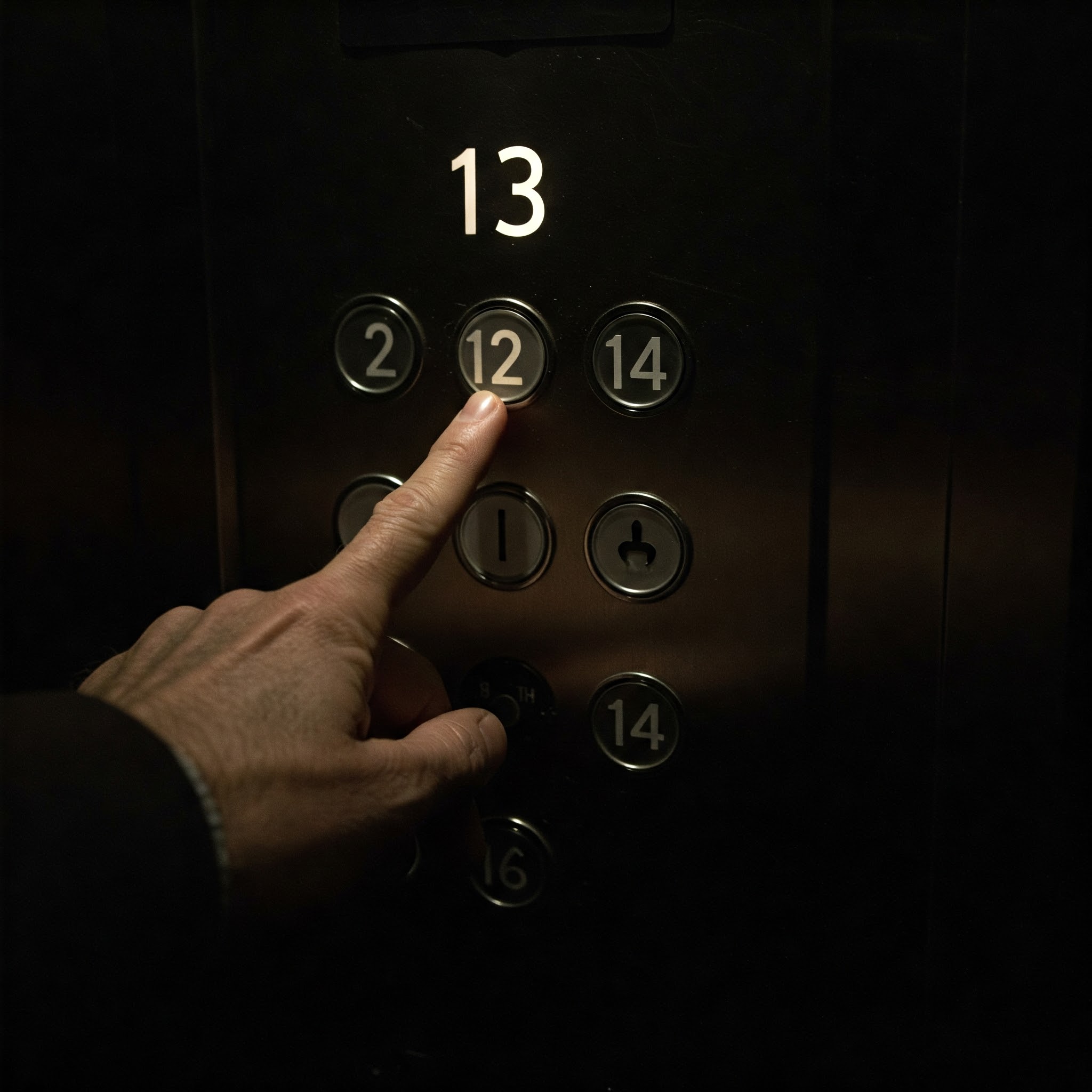The number 13 is widely considered unlucky in Western cultures, creating anxiety and avoidance behaviors. This superstition manifests in many buildings skipping the 13th floor in their numbering systems, airlines omitting row 13, and people experiencing genuine fear—known as triskaidekaphobia—of the number. Friday the 13th is considered particularly unlucky, combining two separate superstitions: one about the number and one about the day of the week.

A baby’s future career or fate is predicted by the first object they select during a ceremonial setup.
In several Asian and Eastern European cultures, a traditional ceremony is held for babies usually around their first birthday. Known


